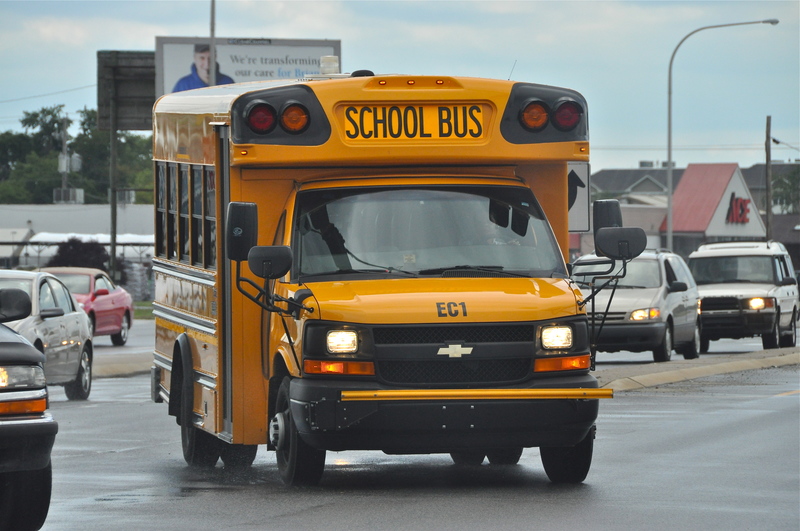State officials are working out a deal to lower costs for busing homeless children to school, a plan that could save Cape Henlopen school district some money.
The federal McKinney-Vento Homeless Assistance Act requires school districts to bus students who enroll in the district, but who live beyond district boundaries.
At December's Cape school board meeting, officials said the cost of transporting these children was more than $450,000; those costs are about $220,000 through December for the 2013-14 school year. The state Department of Education pays 90 percent of the total, leaving the district to pay 10 percent, said Oliver Gumbs, Cape's director of business operations.
State officials plan to bid out these services to lower the cost, Gumbs said.
State education officials contacted Jan. 7 had no further information on how much a new contract with Greenwood-based Delmarva Transportation would cost or what the cost savings would be.
Cape Superintendent Robert Fulton said the act's broad definition of homelessness strains district finances.
“It puts us in an interesting position,” he said. “It's definitely been a challenge for us.”
Board member Jen Burton agrees and questions how the program is run.
“I'm defintely concerned about the accountability and the cost, but also the logistics of the contract,” she said.
According to district information, there are currently 75 students living outside the school district who are driven to Cape schools by Delmarva Transportation. Thirteen students live in Lincoln, eight in Georgetown and Harrington has seven, and Dover and Seaford, three each. Mariner Middle School has the most students who use homeless transportation with 22, followed by H.O. Brittingham with 16 and Cape Henlopen High School with 15.
Burton said she understands the philosophy behind the law - to provide consistency for a child who is shuffled through different home situations. However, she said, she is not sure busing is in the best interest of the child.
“Does it seem reasonable for a child to get up at 4 a.m. to go to a school that's an hour and a half away?” she questioned.
Burton said she has had discussions with school board members throughout the state who agree that homeless student busing should be changed. She said there seems to be a breakdown of communication between parents and officials who determine students should be bused.
“I know there's the law and us, but what's going on in between?” she asked.
State education officials declined to comment on the definition of homeless students. According to the district presentation, foster children are considered homeless, as are students who have been displaced from their original homes and are now living in mobile home communities.
Melissa Steele is a staff writer covering the state Legislature, government and police. Her newspaper career spans more than 30 years and includes working for the Delaware State News, Burlington County Times, The News Journal, Dover Post and Milford Beacon before coming to the Cape Gazette in 2012. Her work has received numerous awards, most notably a Pulitzer Prize-adjudicated investigative piece, and a runner-up for the MDDC James S. Keat Freedom of Information Award.

























































